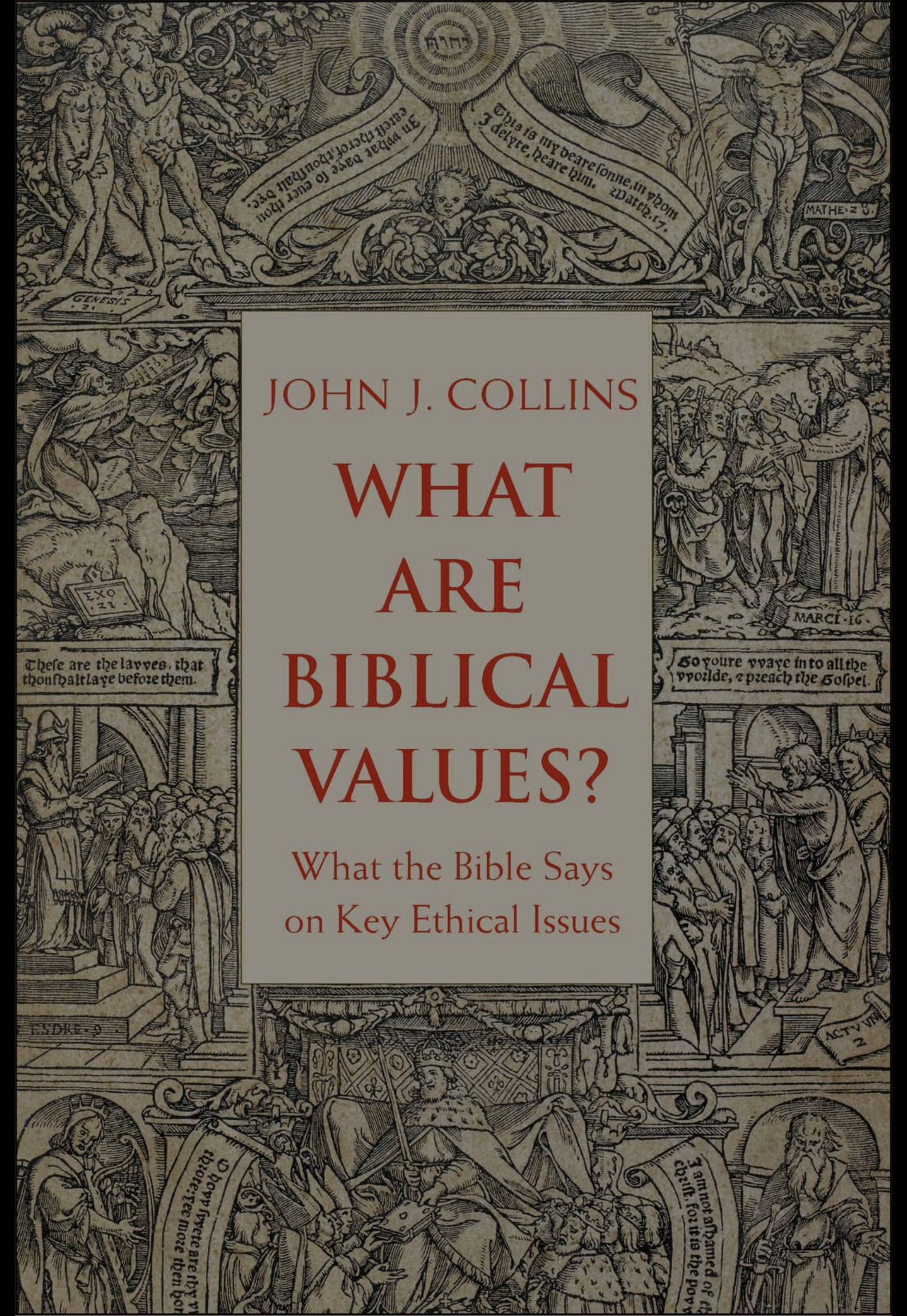What Are Biblical Values?
Last year, I offered an adult education course, using John J. Collins' book, What Are Biblical Values?. If you read my articles on Pastorpac.com, you know I respect John J. Collins as a Biblical and Ethics scholar. In this book, Dr. Collins addresses several ethical issues that are relevant to our lives and discusses them from a Biblical perspective. He addresses issues ranging from gender, the environment, and violence to marriage and several other topics.
What makes Dr. Collins' book worth your time is the level of his scholarship. He is a respected academic scholar, but he can write in a way that provides access to knowledge without needing advanced degrees to understand. Further, he takes the ancient texts and masterfully weaves them into contemporary arguments in a way that informs and enlightens.
At the beginning of his book, Dr. Collins defines the topic well. "Values are principles that offer guidance for human conduct, rather than specific laws or commandments." He provides the Biblical background on each subject, so you can address each contemporary situation from a faith perspective, while being true to modern, ethical viewpoints. Dr. Collins helps the reader bring together what we believe ethically about different moral issues, with what Biblical writers were suggesting thousands of years ago.
When we learn that the ancient people of faith were struggling with many of the same moral struggles we face today, it is easier to appreciate the perspectives they had under different cultural conditions. Dr. Collins lays out a clear and insightful process for understanding why and how the ancient people defined and refined their faith perspectives and how their faith guided their moral and ethical beliefs.
By examining the ancient ethical struggles with some emotional and intellectual distance, we can take their examples and use them to reframe our understanding of each ethical issue. Interestingly, Dr. Collins does not end his book with a final chapter on an ethical topic, like he does in much of the book. Instead, Dr. Collins uses the last chapter of the book to speak to "The Authority of the Bible." He does not go off on his personal and political leanings on each subject, but from the beginning, and through the last chapter, What Are Biblical Values? focuses on how the Biblical writers addressed the issues of the day to their people, and how they could respond in ways they hoped were pleasing to God.
I recommend Dr. Collins' book, What Are Biblical Values?, to anyone seeking knowledge about how to bring together their faith alongside their feelings of compassion on different ethical subjects. Dr. Collins doesn't tell you what to think and believe, but instead provides the tools for you to build your ethical understanding so that you will feel comfortable and confident in your belief process on different ethical issues. His scholarly process will help you address other moral or ethical issues not addressed in the book. Enjoy being challenged!


